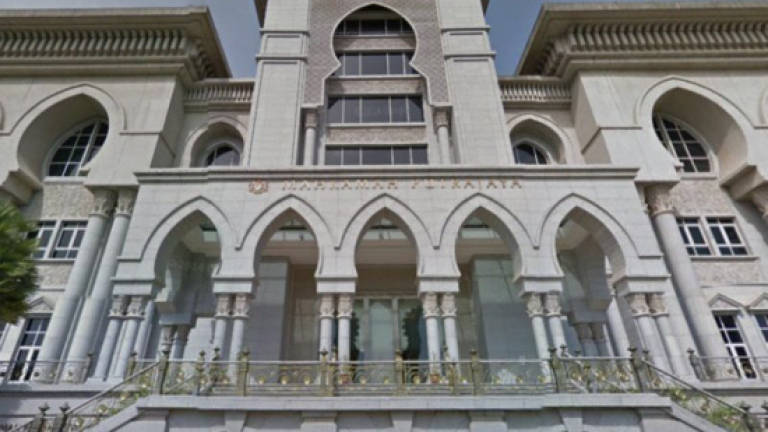Judicial reforms of 2009 have streamlined the legal system

KUALA LUMPUR: The judicial reforms introduced by former Chief Justice Tun Zaki Mohamed Azmi in 2009 have not just cleared over 92% of backlog cases, but also sped up the court administration through the e-court system.
Chief Justice Tun Md Raus Shariff however acknowledged that judicial transformation needs to take into account the changing needs of the business community and society.
"There is a need for a constant assessment of what constitutes the backlog and for a methodology to be devised for dealing with it. The judiciary will only serve the public well by providing access to justice and the timely resolution of disputes.
"Above all, the public must have confidence on the ruling and the decisions that we make. This can only be achieved when the decision or ruling made by the judges are free from interference or influence. Justice must not only be done but also seen to be done," he said in a luncheon talk with academicians and media personnel today.
He also said the reform implementations have been recommended by the World Bank to other judiciaries with similar problems.
"In fact within three years from the time we started the reforms, we succeeded in clearing substantial numbers of the old cases. Our efforts were well documented and we earned accolades from the World Bank in its report in 2011," Md Raus said.
He said the backlog of cases were cleared with the implementation of the e-court project in 2009 consisting of a case management system, court recording transcription system, queue managing system and the e-filing system.
Md Raus was part of Zaki's team, along with his successor Tun Arifin Zakaria and former Federal Court judge Tan Sri James Foong Cheng Yuen, in the reform team, which was instrumental in the strict implementation of the "no postponement policy".
"(Zaki) declared an all out war against delays in settlement of cases and resolved to speed up the justice delivery system.
“I was informed by the managing judge of the Commercial Division, that 96% of the cases are being disposed of within a timeline of nine months.
“This is a milestone in the history of our judiciary and an achievement to be proud of. Not even Singapore cases can match our performance in disposing commercial cases. Their timeline is 18 months,” he said.